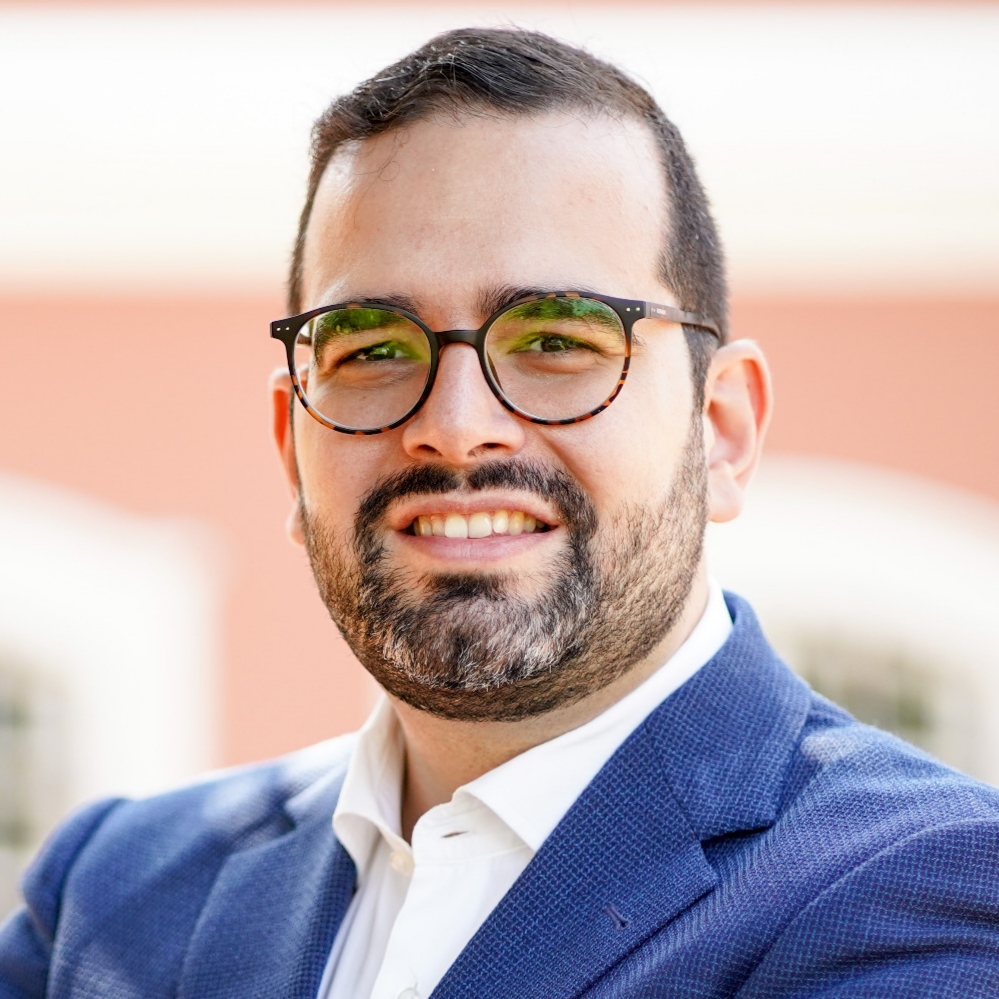About me
 I am an Economist and Artist who is passionate about studying, teaching, and singing. I was born in Venezuela and grew up in a small town in the countryside of Portugal called Castelo Branco. I moved to Lisbon in 2004 and have been living here ever since.
I am an Economist and Artist who is passionate about studying, teaching, and singing. I was born in Venezuela and grew up in a small town in the countryside of Portugal called Castelo Branco. I moved to Lisbon in 2004 and have been living here ever since.
I have a Master’s Degree in Economics, and I am pursuing a PhD in the same field. I worked for 12 years as the director of Montes Claros, a university residence in Lisbon. Recently, I was appointed financial co-director of Opus Dei in Portugal, assisting the regional vicar with financial and economic matters. My main responsibilities include the preparation and control of the institutional budget; the preparation of economic and financial studies to support decision-making; the monitoring of the economic sustainability of formation and social service projects in which the Prelature is a partner; and the promotion of the values of the Catholic Church social teaching. Opus Dei is a Catholic organization to which I have belonged since 2005. In addition, I am an Invited Teaching Assistant in Economics at the Católica-Lisbon School of Business, as well as at the ISCTE-IUL University Institute of Lisbon.
I am also a lyric baritone, executive director of the quartet 4 Voices and a member of the Lisbon Chamber Choir, one of the most prestigious and ancient choirs in Portugal.
Research
Research Interests
- Macroeconomics
- Income and Wealth Distribution
- Growth
- Economic History
Work in progress
“Luxury Goods Externalities, Taxation, and Endogenous Business Cycles” (2012)
Abstract: This thesis aims to analyze aggregate instability due to volatile expectations in a simple two-sector OLG model with money, where agents derive utility from the consumption of necessary and luxury goods and there is an externality affecting the consumption of the later. I show that the distinction between necessary and luxury goods is not relevant for the emergence of indeterminacy, if there is no government intervention and if the externality has no influence. However, externalities, per se, or setting different consumption taxes by type of good, in the absence of externalities, may create local indeterminacy if tax rates are strongly pro-cyclical or counter-cyclical. I further show that consumption taxation can be a stabilizing instrument, by eliminating local indeterminacy, if one of the tax rates is set pro-cyclically (counter-cyclically) for a positive (negative) externality.
Teaching
Católica-Lisbon SBE
Econometrics 2025-26
Instructor: Pedro Raposo / Program: International and National Undergraduates in Economics
Applied Data Analytics 2021-22
Instructor: António Fidalgo / Program: International Undergraduate in Business Administration
Economic History 2023-24
Instructor: António Fidalgo / Program: Undergraduate in Economics
Business Research Methods (B) 2021-22
Instructor: António Fidalgo / Program: MSc in Business
ISCTE-IUL
Econometrics I 2024-25
Instructor: Joaquim Ramalho / Program: Undergraduate in Economics
Macroeconomics 2022-23
Instructor: Vivaldo Mendes / Program: Undergraduate in Finance and Accounting
Macroeconomics I 2023-24
Instructor: Vivaldo Mendes / Program: Undergraduate in Economics
Macroeconomics II2021-22
Instructor: Sofia Vale / Program: Undergraduate in Economics
Principles of Economics 2022-23
Instructor: Nádia Simões / Program: Undergraduate in Computer Science and Business Management
Education
PhD in Economics candidate (2025–expected)
ISCTE-IUL University Institute of Lisbon
MSc in Economics (2012)
Católica-Lisbon School of Business and Economics
BSc in Economics (2007)
Católica-Lisbon School of Business and Economics
Skills
Programming, Design & Publishing
Languages
English Spanish